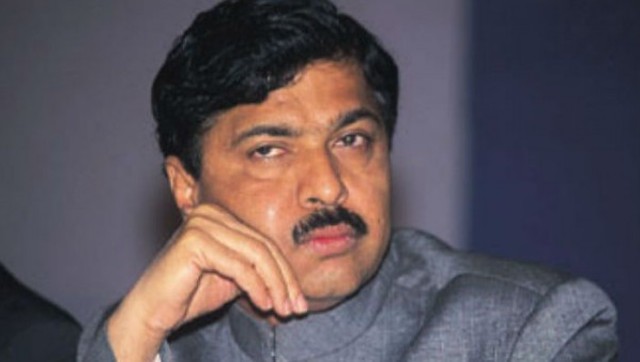After the close of the compliance window for disclosing foreign assets on September 30, Finance minister Arun Jaitley now wants to go after black money stashed right here in India. Part of this exercise, Jaitley said, would involve screening large-value cash transactions by stipulating Permanent Account Number (PAN) of the parties involved.
In reality, all big value transactions channeled through bank accounts are monitored even now, including with the use of PAN number. This has been in practice at least for the last 15 years. According to an August 2002 RBI circular , customers should affix their PAN number in all transactions exceeding Rs 50,000.
Further, banks and other financial institutions have to immediately report very high value transactions (more than Rs 10 lakhs) and any suspicious transactions to Financial Intelligence Unit (FIU) of the government.
According to FIU rules, all series of cash transactions ‘integrally connected to each other which have been individually valued below Rs 10 lakh or its equivalent in foreign currency where such series of transactions have taken place within a month and the monthly aggregate exceeds an amount of ten lakh rupees or its equivalent in foreign currency'.
The point is the root of the problem lies in dubious financial transactions taking place almost every other day in real estate deals and other benami transactions with the blessings of politicians. Tackling this would require immense political will, which would be absent until the time political funding for elections (both for general election and local bodies) is made state-funded.
Corporate lobbies, especially in real estate, operate hand in glove with local politicians and this is the key reason why political-corporate nexus wouldn’t die easily. The work to clean-up the economy from the ills of black money should thus begin with breaking the back of this give-and-take relationship. This can happen only if political funding is made state-funded. Unfortunately, the Narendra Modi government has been so far silent about this crucial part.
If at all corporations are interested in funding elections, the money should be routed through an independent, transparent trust under the surveillance of the Election Commission of India (ECI) and investigative agencies. According to SY Quraishi , former chief election commissioner of India, “State funding will free the parties from dependence on — and clutches of — the corporate houses who feel tempted to run the government by proxy.”
If necessary, Quraishi says, an Election Trust Fund could be created, to which corporations can make donations. The fund could be administered by an independent Trust or Election Commission. The allocation of funds will be based on the actual performance of parties, whose accounts will be audited by an independent auditor on the ECI approved panel or by CAG.
A study of ‘Political Finance Regulations around the World’ by the International Institute of Democracy and Electoral Assistance, Stockholm (2012), showed that this system is working well in over 70 countries, including most European countries (86 percent), Africa (71 percent), North and South America (63 percent) and Asia (58 percent).
In fact, the world is already moving into such a mechanism. In September, Brazil banned corporate funding in elections . The Brazilian Supreme Court about three weeks back voted 8-3 to allow election donations from individuals but not from companies. The decision had rendered unconstitutional a bill passed by the country’s Congress allowing corporate funding for political parties, a report by Reuters said.
The Brazilian court’s ruling came in the wake of a corruption investigation into bribes and political kickbacks on contracts with state-oil company Petrobras. The funds allegedly went into the pockets of dozens of politicians in President Dilma Rousseff’s governing coalition.
In India, the scenario is equally worrying, if not worse. According to Association for Democratic Reforms (ADR) and National Election Watch for 2013-14 that analyses the details of political funding received by various political outfits, there is a lot of explaining most of the leading parties, including the ruling BJP has to do.
At present, about 75 percent of the sources of funds to political parties remain unknown. This is in contrast to the system in place in many other countries such as Bhutan, Nepal, Germany, France, Italy, Brazil, Bulgaria, the US and Japan, where the complete details of the donors to political parties are publicly available.
The big question is when one of the biggest beneficiaries of unrecorded financial transactions are political parties themselves, how do one expect politicians to act honestly to put an end to black money dealings in the domestic economy? There is no escape from this evil unless the root cause of the problem is addressed.
Once political/election funding is made transparent and free from clutches of big corporates, the incentive for politicians to guard vested interests will cease to exist and the corporate-political nexus that generate black-money will begin to break. That’s where the government should act.


)




)
)
)
)
)
)
)
)